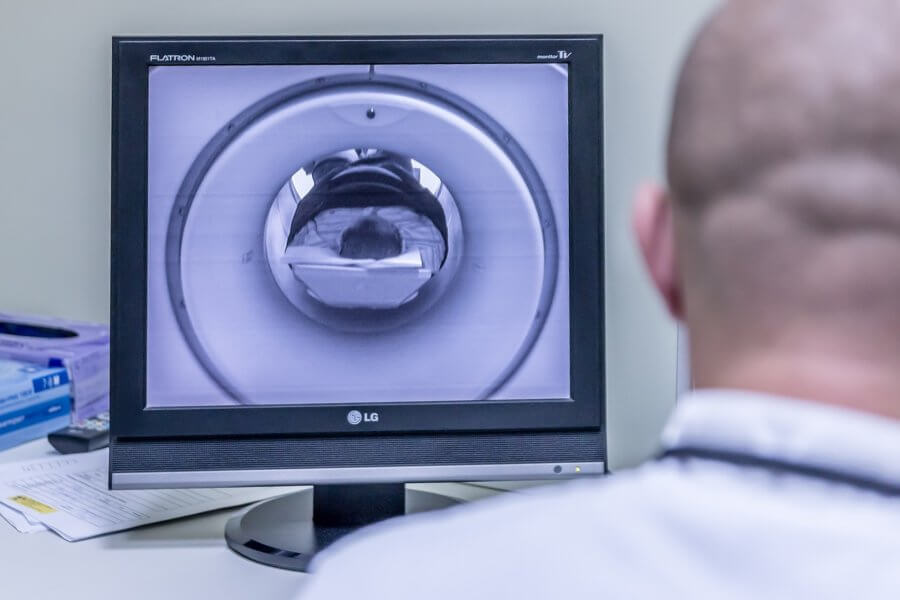Transforming potential of deep learning in medical imaging
Deep learning can be used to convert smartphones into laboratory-grade microscopes by enhancing the colour and resolution.
Deep Learning, a powerful form of Artificial Intelligence, is all set to revolutionise the applications in medical diagnostics and telemedicine by making it possible to discern the microscopic details of the images taken by smartphone cameras. The resulting photographs are enhanced for resolution and colour such that these look no less than the work of a laboratory-grade microscope. This is made possible by the hard work of researchers at the UCLA Samueli School of Engineering.
A laboratory-grade equipment costs thousands of dollars and isn’t easily available in resource-poor regions. This achievement is now detailed in the ACS Photonics journal and thus, has the capability to bring high-quality medical imaging to poor and remotely located regions.
This technique uses an attachment that is developed by a 3-D printer and placed on the smartphone camera lens that enhances the images to one-millionth of a meter.
Researchers also took images with a laboratory microscope and then fed both the images to a computer that uses the deep learning-based computer code to ‘learn’ to improve the smartphone images.
This innovation was brought out by a group of researchers led by Aydogan Ozcan, Chancellor’s Professor of Electrical and Computer Engineering and Bioengineering, and Yair Rivenson, a UCLA postdoctoral scholar.
“Using deep learning, we set out to bridge the gap in image quality between inexpensive mobile phone-based microscopes and gold-standard bench-top microscopes that use high-end lenses,” Ozcan said.
“We believe that our approach is broadly applicable to other low-cost microscopy systems that use, for example, inexpensive lenses or cameras, and could facilitate the replacement of high-end bench-top microscopes with cost-effective, mobile alternatives.”
The uses of Artificial intelligence are bringing out a sea change to transform all areas of medical industry. Recently, a company named ReviveMed received seed funding to use AI to treat fatty liver disease that affects 30% of the US population and about 10% in the UK.
Image credit: www.pixabay.com

















